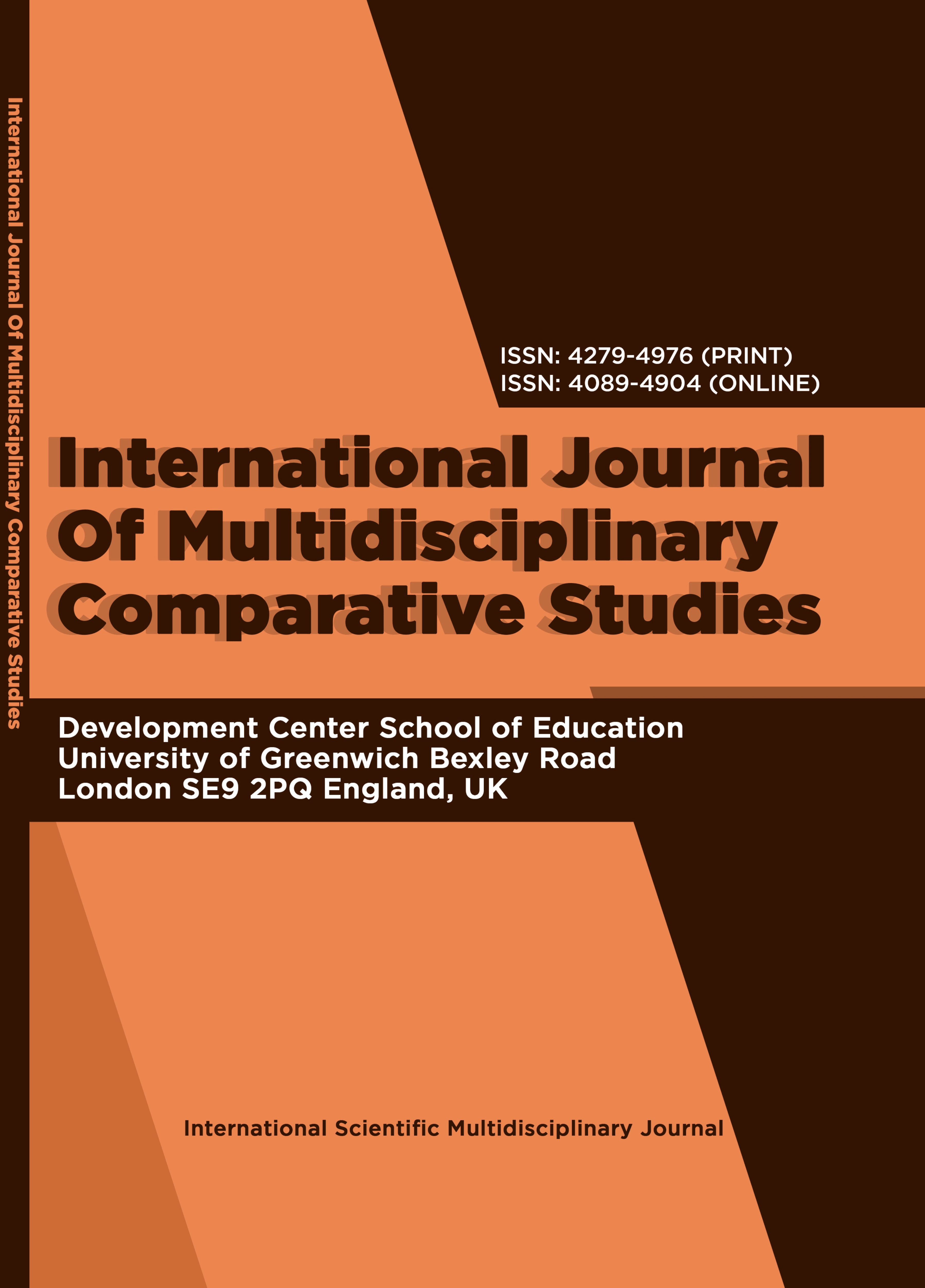INTERNATIONAL JOURNAL OF MULTIDISCIPLINARY COMPARATIVE STUDIES (IJMCS)
An Examination of the Implementation of Islamic Law of Inheritance in Yoruba Land
E-ISSN: 4089-4904
P-ISSN: 4279-4976
DOI: https://iigdpublishers.com/article/363
This study critically explores the complexity between culture and the implementation of Islamic Inheritance Law (Ilm al-Fara'id) in Yorubaland; a region characterized by its unique coexistence of Islam, Christianity, and traditional Yoruba beliefs. Despite Islam's enduring presence and influence, the application of its inheritance laws faces considerable challenges due to deeply rooted cultural norms, historical legacies, and societal dynamics that often resist or alter the equitable principles of Islamic law. The research highlights key cultural factors impacting the implementation of these laws, including primogeniture practices, which prioritize the eldest male child, and polygamous household inheritance systems, such as idi-igi (division by the number of wives) and ori ojori (equal division among children), which aim to promote unity but frequently conflict with the precise allocations mandated by the Islamic law. These practices dilute the justice and equity principles inherent in the Islamic inheritance law and lead to a range of social issues, including prolonged estate disputes, intergenerational conflicts, litigation, and family fragmentation. Using a mixed-method approach, the study integrates critical analyses of Islamic legal texts with empirical data from interviews with religious scholars, community leaders, and affected families in South-West Nigeria. Findings reveal that societal ignorance, misinterpretations of the Shari'ah, and resistance to change further compound the challenges of implementing Islamic Inheritance Laws. To address these issues, the study recommends public sensitization to raise awareness, collaboration with traditional and religious leaders to harmonize practices, legislative reforms to
integrate Islamic laws into the legal framework, and the establishment of the Shari'ah-compliant mediation mechanisms to resolve disputes. These strategies aim to bridge the gap between cultural practices and Islamic inheritance principles, ensuring justice and equity in the multicultural context of Yoruba land.
GERO AHMAD PhD & JAMIU ABDULMAJEED
Adetunji, O. (2019). "The Role of Traditional Rulers in Conflict Resolution in Ondo State, Nigeria." Journal of Studies in Social Science, vol. 15, no. 2, pp. 209-229.
Adeyemi, O. O. (2019). "The Role of Traditional Rulers in Conflict Resolution in South Western
Nigeria." Covenant University Journal of Politics and International Affairs, vol. 6, no. 2, pp. 44-60.
Akinwumi, O. (2020). The Yoruba: A New History. Indian University Press.
Ibn Kathir, Ismail bn Umar. Tafsirul-Qur’an al-Azim, Dar-us-Salam, 759 A.H .
Ibn Majah. Sunan Ibn Majah, Cairo, 1371 AH.
